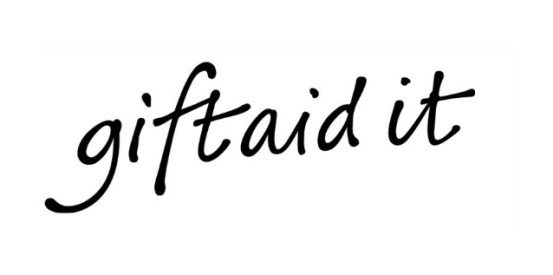The new rules surrounding Gift Aid might sound daunting, but should charities be deterred from taking advantage of one of the most generous opportunities offered to them? Barry Gower takes a closer look
At the recent Charity Tax Group's Annual Tax Conference, held in London on 28 March 2017, Steve Carroll, part of HMRC’s charities outreach team, told delegates that three further statements should be agreed by donors to prevent Gift Aid being registered inaccurately.
He went on to say that £1m a month was being wrongly claimed, and some institutions had an error rate of up to 60 per cent.
Based on this, HMRC was recommending that charities should include three further statements that would essentially confirm the following:
- The donation is the donor’s own money and not from any collection
- The money is not from the sale of goods or services – i.e. not from a commercial transaction
- The money is not in exchange for something such as an entry to an event or a raffle ticket.
Duty of care
Before looking at this, it may be worthwhile considering where HMRC is coming from. HMRC maintains, quite rightly, that it has “a duty of care towards public finances”. As such, it is important for HMRC to ensure that funds collected from the public – i.e. you and me – are properly managed and utilised. In addition, the prime reason for HMRC’s existence is to collect money, not to dish it out (that is the Treasury’s function).
So, it should come as no surprise that HMRC will look at every avenue to avoid paying out money. Equally however, HMRC will implement the law absolutely, even if, as in the case of Gift Aid, it goes against their basic instincts.
Interestingly, there is no official Gift Aid Declaration and charities are left to define their own documentation, which must incorporate certain, clearly defined details regarding the donor and their donations. Provided this is done (and HMRC will always assist charities to confirm that their Gift Aid Declarations do meet with the requirements for Gift Aid), then HMRC will and do pay out Gift Aid claims.
However, charities also have an obligation to review donations to ensure that donors are not submitting donations which may not comply. Clearly, if a donation of an odd amount – say £643.89 – is received with a note from Mary Brown that says “collection at Jimmy’s funeral”, then it is likely that this is not Mary’s money.
Equally, donations must be carefully scrutinised if there is any doubt as to whether the donation is not truly the donor’s own funds, but is the proceeds of a commercial transaction or an entrance to an event.
An overreaction?
Although one can understand why HMRC are considering this revised requirement, there is also the possibility that this may be an overreaction. Yes, it is true that a collection will generally be a mixture of donors’ funds and so will not qualify for Gift Aid. But collections can also be structured so that the money can be linked to each donor and so can qualify for Gift Aid. This is the process used with church and other similar envelope collections.
Proceeds from the sale of goods are not in themselves excluded from Gift Aid. You can certainly donate the proceeds of your own goods you sell on eBay and at a car boot sale. And while entrance fees to events are do not usually qualify for Gift Aid, entrance payments to certain establishments such as museum and similar wildlife and heritage charities can benefit from Gift Aid. In all these case you must of course ensure that all other requirements of Gift Aid are complied with.
Gift Aid is one of the most generous opportunities offered to charities but it is a double-edged sword. It must be used with care and circumspection and, naturally, in strict compliance with HMRC’s requirements for Gift Aid. If this is done it can make a considerable contribution to your fundraising. After all, great things can be achieved simply by doing the ordinary things properly.
Barry Gower is a specialist consultant at GAIN The Gift Aid Consultancy, which offers a range of services to charities to improve their efficiencies and provide them with a measurable increase in income. bg@gain.me.uk





